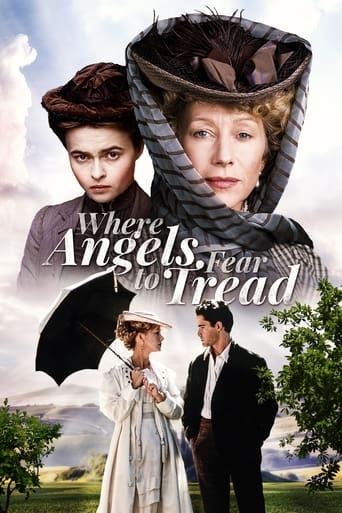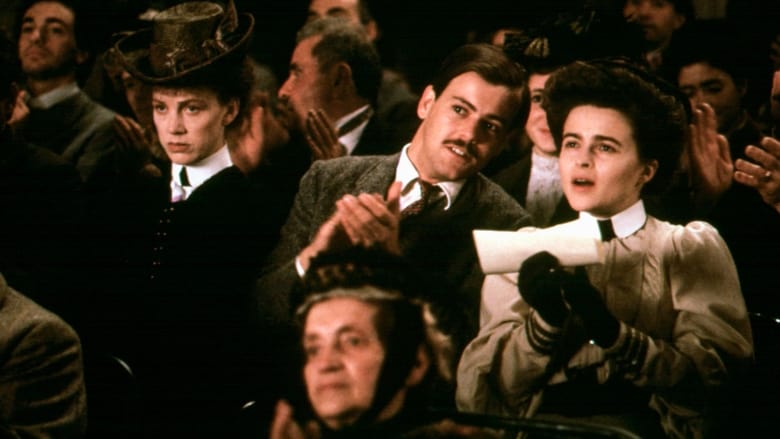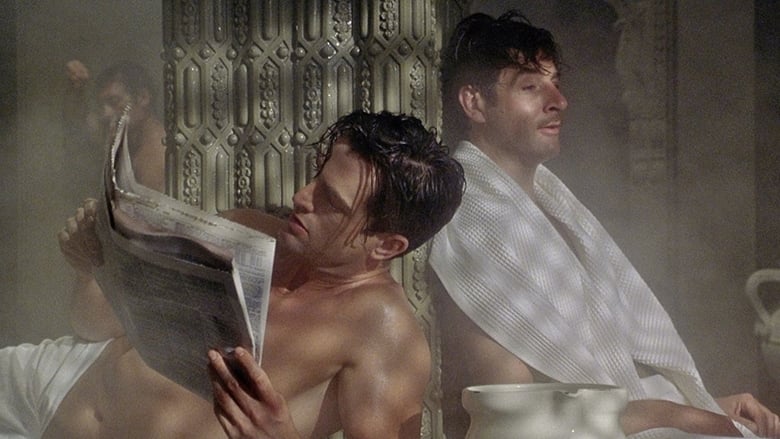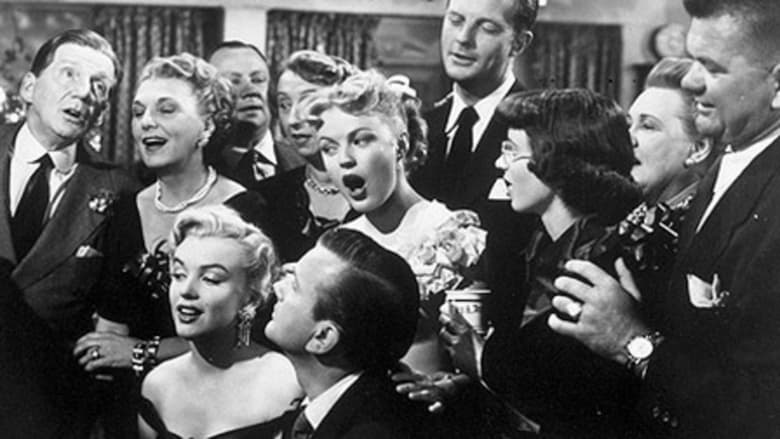An English widow goes to Italy, falls in love with a dentist's son and marries him, against her straitlaced family's wishes.


Similar titles

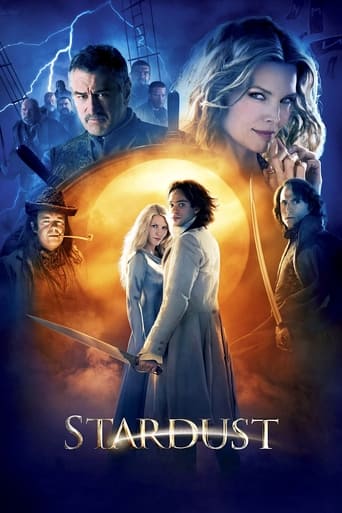
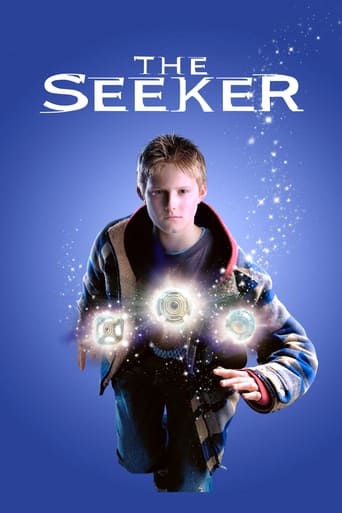
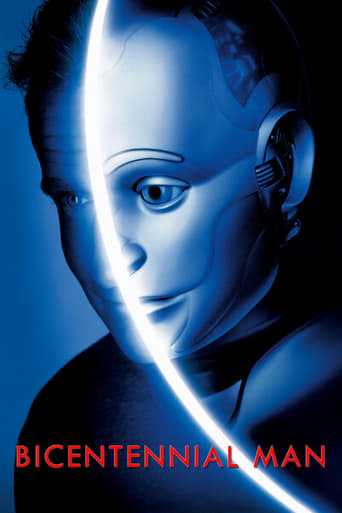
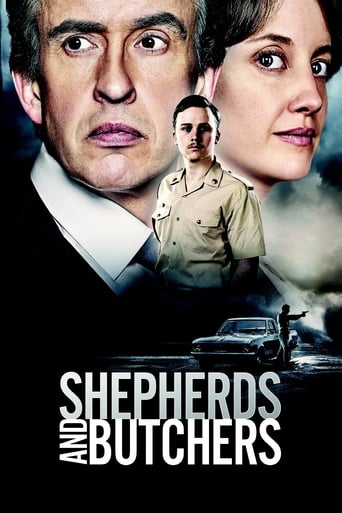
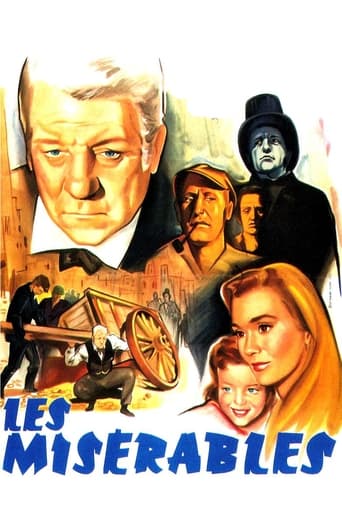
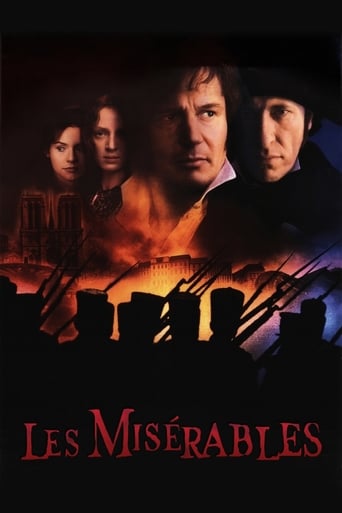
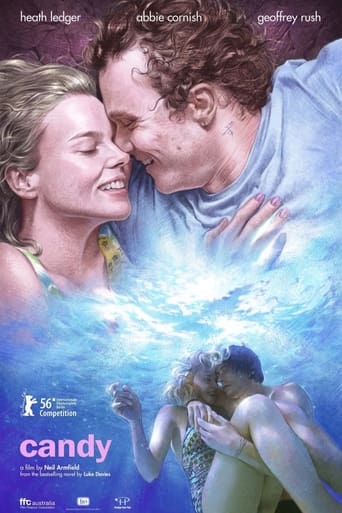
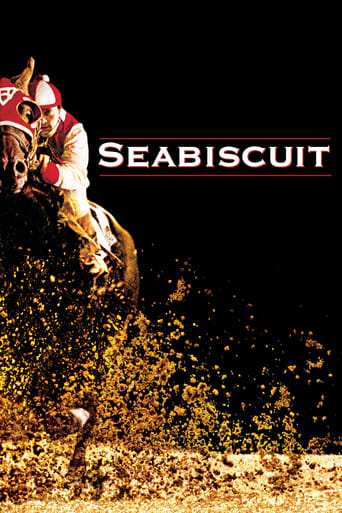
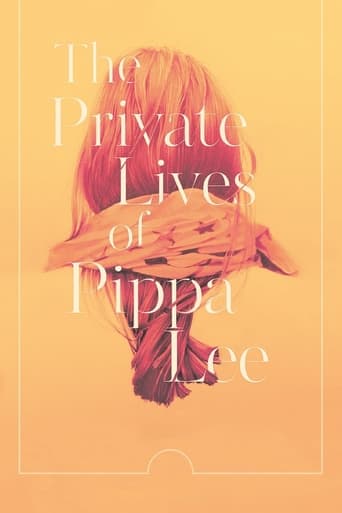
Reviews
Action and inaction, and their consequences, are the themes of this film. Lilia takes action by marrying Gino. But soon enough, he forbids her the freedom she is used to and beats her up for talking back to him. In doing this, he is acting as he thinks he is supposed to act – playing the role of 'Italian husband' – but it is a role he is convinced he has to play. He is also a total cad, cheating on his rich old wife with a young local woman. Lilia has a child with Gino, and dies in childbirth. He is distraught, but as Philip says (approvingly) later on, Gino is comfortable with his contradictions, and he appears well over her soon after the funeral, planning a new bride to look after his son for him. Six months later, Philip, his sister Harriet, and Lilia's friend Caroline are all in Italy to take the child away. Caroline sees Gino being so loving towards his child, and faints. She is besotted: she sums up the key dilemma of the whole film when she says to Philip that either the child will be brought up badly but with love in Italy, or well but without love in England, and that he, Philip, must choose which he thinks should happen and make it happen. That said, Caroline blames herself for her own inaction when Lilia married Gino. Philip's ineffectual nature is at the heart of the film: he is acting for his mother when he comes over to Italy, and he needs to actually decide what he thinks is right. But he doesn't. Harriet steals the child when Philip fails to take action quickly, and Philip does not stop the carriage when he could have stopped it. He decides – by not deciding – to go along with Harriet and take the child, even though he has not decided that this is the right thing to do. He holds himself responsible for the death of the child in a very touching scene where he allows Gino to beat him up.Philip finally makes a decision at the end of the film to ask Caroline to marry him, but he cannot get the words out before she heads him off by telling him that she loves Gino. 'So do I', replies Philip, and he does not laugh at her when she invites him to laugh at her. The film ends with the two of them hugging, and long, fraternal hug. Will they ever marry? We don't know. He lists the good things they had shared with each other, while she just tells him that she loves Gino – those good things are no match for pure love, but she can never have Gino. You are left hoping that they will marry one another, but still doubting whether they will. Meanwhile, the character who really suffers in the film is Harriet, the uptight sister. She is the comic turn, standing up and telling everyone to stop cheering at the opera. Stop enjoying yourself, she is saying – she doesn't enjoy herself at any point in the film, in England or in Italy. She does not try to understand Italian ways. She's there to do a job and does it. But she botches the job. She steals the baby and it is clear that she is not comfortable holding it. Then in the crash, she lets go of the baby, who dies. She is directly responsible for killing the child through her actions and inadequacies – why did she not hold on? The bible-reading moral woman has made a mistake that has cost a child's life, and she is the only one that is crushed at the end. She's the only one whose moral world will have to change for her to recover from the events in Italy.Gino also makes no effort to understand British ways for Lilia, and treats her disgracefully, as Harriet points out – fairly - echoing her mother's comment that a country can be judged by the quality of its men: a man who is not chivalrous towards women is no good. But he is not punished at the end - he is left a way back to happiness. Philip is forgiven for his ineffectualness, and shows signs of learning to become decisive. Gino is forgiven for being a typical unreconstructed Italian male of his class, for beating his wife, but shows no real signs of changing at the end: he was not such a bad man after all: Italian men of that time, place and class just acted like that. Personally, I agree with Harriet on that one, and forgive a wife-beating man less easily. Harriet herself is not forgiven for her British reserve: maybe she is punished so severely not for being wrong, but for not being nice. Caroline is the only one with nothing to be forgiven. The film takes a critical attitude towards British reserve and is also somewhat critical of Italian inconsistency. The two characters hugging at the end are the only two that come out of it favourably. Philip and Caroline are the heart of the film, and the representatives of 'us' the viewers. The other characters have less depth, but that is inevitable: after all, while Philip and Caroline understand both cultures, Harriet and Gino never understand the 'other', nor do they ever properly try to, and both of them end up killing someone as a result: Gino kills Lilia, certainly according to Harriet, while Harriet blames herself for killing the baby. Their lack of understanding causes death. Harsh judgement: 'you'd better try to understand other cultures' is the message of the film. But it is only Harriet who is left without an obvious pathway towards redemption. For all her miserableness throughout the film, I was left feeling very sorry for her at the end .
Although Charles Sturridge's movie is based on the classical novel by E.M. Forster, one does not have to be knowledgeable about the literature of the period in order to like the film. The source novel seems to be marginalized in many reviews and, consequently, I do not intend to discuss the content of the movie and its faithfulness to the novel. What has caught my attention in Sturridge's movie, in particular, are the cast and the locations. Those seem to be the right spots where people fall in love with, where I fell in love with... the movie.The cast are worth appreciation. Helen Mirren, who has gained great success and popularity thanks to many significant roles, also here supplies us with a particularly insightful portrayal as Lilia. Lilia is an Englishwoman who appears to be absolutely torn apart and, therefore, quite unhappy with her family and disappointed with her misalliance marriage with Gino Carella (Guido Guinelli). Nevertheless, she does not give up the struggle to live her own, short but genuine life... Another very interesting performance is offered by Helena Bonham Carter who, in 1991 when the role was given to her, was already acquainted with the genre after Ivory's ROOM WITH A VIEW. Here, she fits well as Caroline, a seemingly indifferent observer who opens herself masterfully in the end. Among the female roles, I would also make a note about Judy Davis (Harriet) who crafts well the depiction of coldness and reluctance to the foreign culture.As for the male roles, Rupert Graves as Phillip, a cold English gentleman, and Guido Guinelli as Gino, a spontaneous Italian 'macho', are outstanding. In their characters, or more to say, in the contrasts between their natures, culture clash is convincingly depicted. Phillip is extremely cold and phlegmatic. He feels confused about any spontaneous behavior and rather thinks over the plans than takes quick steps. Gino, though extremely choleric and furious, is authentic, genuine and straightforward. He teaches others not to be ashamed of feelings. Although Phillip feels uncomfortable with this Italian authenticity at first, these features appear to take over in his life too. Consider certain points of the film where the two are particularly memorable, just to mention the opera scene, the evening at the cistern, or Gino's witty games with his sweet baby, the unfortunate victim of jealousy.The locations of the film together with artistic features galore are worth high praise, too. Tuscany...that says for itself... Who hasn't seen many great films made in this pearl of Italy. Just to name a few: Audrey Wells' UNDER THE TUSCAN SUN, Bernardo Bertolucci's STEALING BEAUTY and Roberto Benigni's LIFE IS BEAUTIFUL. Tuscany is the certain aspect for any moving picture to be a breathtaking piece of art. In WHERE ANGELS FEAR TO TREAD, the views of medieval Siena and San Gimignano with the fabulous music by Rachel Portman make you fall in love with Italy in the similar manner as it happens with the characters. I particularly liked the moment of Lilia walking at the towers of San Gimignano. A place to fall in love with!Summing it up, the artistic features make the film unique. As for the source novel, saying it is accurate would be nothing but a conjecture. I am not going to evaluate the movie in certain terms. All I want to say is: WHERE ANGELS FEAR TO TREAD is no masterpiece but a nice movie where you will find something for yourself. The delightful scenes, lovely Tuscan views, great performances to admire with a glass of Chianti in your hand. Only those who hardly know the pleasures of wine will reject it. Enjoy!
Where Angels Fear to Tread is not the best E. M. Forster novel to be written, and it is certainly not the best to be made into a movie, but it is well worth watching for another superb performance by Helena Bonham Cater and her supporting cast.Rupert Graves (V for Vendetta) is excellent as an Edwardian aristocrat who becomes enchanted with the Italian way of living. Helen Mirrewn (The Queen) is equally good in her small role as the flighty Lilia. Judy Davis (Marie Antoinette , The Beak-up) provides the comic relief as a proper lady who cannot abide a half-English child being brought up by Italians.It all makes for a good movie with fine performances.
Charles Sturridge's adaption of E.M. Forster's classic novel is well in line with such other greats as "Howards End", "A Room With a View", and "A Passage To India". As with all of Forster's work, "Where Angels Fear to Tread" treats the topic of Edwardian British society with poignancy and humour.Cultures clash when Philip Herriton is forced by his mother to retrieve the only child of his dead sister-in-law, Lilia, from its Italian father. The baby represents both the English and Italian way of life, and the ensuing struggle over it is an analysis of just how futile our own nativist prejudices can be.Such a sensitive topic is dealt with by a charming cast. Rupert Graves is perfect as a man transformed by his horrific experiences; Helen Mirren is both laughable and lamentable as the tragically flighty Lilia; Helena Bonham-Carter is the soul of goodness, and Judy Davis (a Forster veteran from "A Passage to India") provides comic relief as stuffy Harriet. These fine performances are matched with a beautiful score by Rachel Portman and even more beautiful Italian vistas courtesy of Mr. Sturridge.Stimulating and provocative, I highly recommend this film to those interested in either Forsters' work or the imperialistic inclinations of the British circa 1900.
